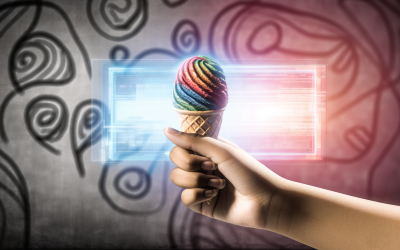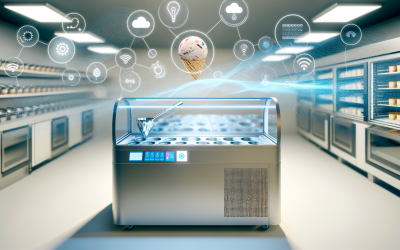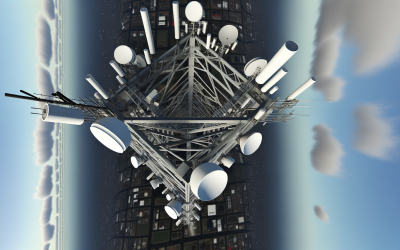
Round 1: Pattern Recognitionxx
AI is like a super-speedy puzzle solver, spotting patterns in data faster than any human ever could. It can analyze millions of images, detect fraud, or even predict stock market trends in seconds. But the human brain? It’s also a pattern pro. We learn from experience, make connections, and recognize faces, voices, and emotions effortlessly. While AI relies on vast amounts of data, we can often spot patterns with just a few examples.
Round 2: Learning Styles
AI needs a mountain of data and endless practice. Think of it like a student cramming for an exam with a giant stack of textbooks. It learns through repetition, refining its accuracy over time. The human brain, on the other hand, is a quick learner. We can grasp new concepts from just a handful of examples and make intuitive leaps that AI struggles with.
AI is a data-hungry machine, while the human brain thrives on intuition and experience.
Round 3: Processing Power
AI is lightning-fast but mostly focuses on one task at a time. It’s like a super-efficient robot, optimized for specific functions. The human brain, however, is the ultimate multitasker. With billions of neurons firing simultaneously, we can juggle conversations, emotions, and problem-solving all at once. While AI can outpace us in raw speed, it lacks the ability to seamlessly switch between complex, interconnected tasks.
Round 4: Creativity
AI can generate art, compose music, and even write poetry, but it does so by remixing existing knowledge. It’s like a DJ blending tracks from a playlist. The human brain, however, is capable of true creativity. We dream up brand-new ideas, imagine things that have never existed, and create from pure inspiration. AI can mimic creativity, but it doesn’t have that spark of originality.
AI can remix the past, but only humans can truly invent the future.
Round 5: Emotions and Consciousness
AI is pure logic. It processes data, follows rules, and executes tasks without emotion. It doesn’t feel joy, sadness, or empathy. The human brain, however, is a rich emotional landscape. We experience love, fear, excitement, and self-awareness. Our emotions shape our decisions, fuel our creativity, and define our humanity. AI might be smart, but it doesn’t have a heart.
Round 6: Moral and Ethical Thinking
AI can follow ethical guidelines, but it doesn’t truly understand morality. It’s like a rule-abiding robot, programmed to avoid harm but lacking the ability to question right and wrong. Humans, on the other hand, navigate complex moral dilemmas, influenced by empathy, culture, and personal values. We debate ethics, challenge norms, and evolve our understanding of justice in ways AI simply can’t.
Round 7: Social Savvy
AI struggles with social cues and cultural nuances. It can process language and recognize faces, but it doesn’t truly understand humor, sarcasm, or emotions. The human brain, however, is a social powerhouse. We read body language, pick up on unspoken signals, and adapt to different cultural contexts with ease. Our ability to connect, empathize, and communicate makes us uniquely human.
The Verdict: Humans Win on Uniqueness!
While AI is an incredible tool, the human brain remains the reigning champion of complexity, creativity, and consciousness. Here’s why:
- Consciousness and Emotions: Humans have self-awareness and feelings.
- Creativity and Intuition: We make creative leaps and insightful guesses.
- Moral Reasoning: We think deeply about ethics and justice.
- Social and Cultural Dynamics: We navigate complex social worlds effortlessly.
AI is an amazing assistant, capable of handling data-driven tasks with precision. But when it comes to imagination, emotions, and ethical decision-making, the human brain still reigns supreme. The future isn’t about AI replacing us-it’s about humans and AI working together, each playing to their strengths.
AI is a powerful tool, but the human brain is the true masterpiece.






